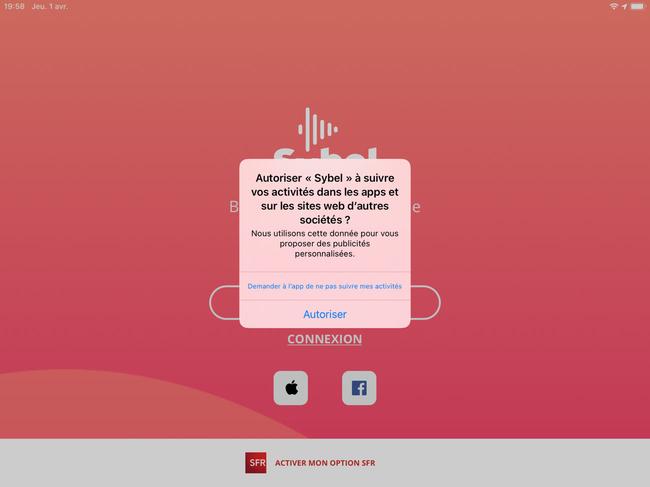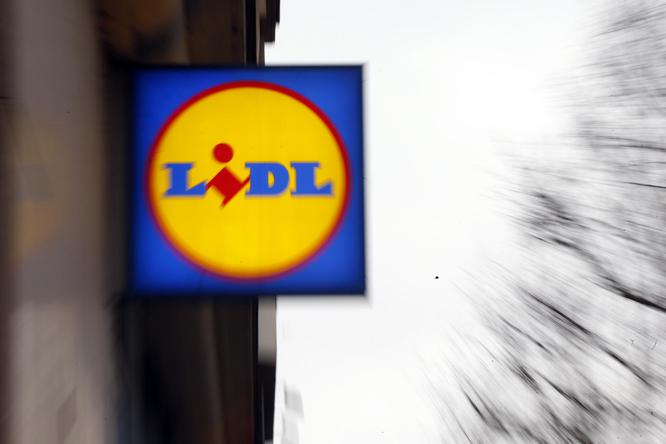Apple blocks apps that violate iOS 14 ad tracking policies | iGeneration
App Store Verification has started blocking apps that don't follow Apple's new ad tracking policies. It is with iOS 14.5 that they come into action, after a deadline granted in the fall and all apps must now comply with them, otherwise they will disappear from the store.
Forbes has listed some examples of apps whose latest update on the App Store was blocked for this reason. In the lot, we find in particular the French app of VTC Heetch, which was recalibrated because of an SDK of advertising tracking provided by Facebook which does not respect the new policy. Another developer also reports a rejection related to the SDK of Adjust, a German company specializing in mobile advertising.
Apple does not have access to the source code of an app submitted on its store, but its analysis tools can detect the presence of an SDK. We can imagine that automated detection has been activated and that all apps that use prohibited ad kits will now be systematically refused. To give an example, Adjust indicates on its site that it is used by more than 50,000 iOS and Android apps, which should leave a large number of them in the lurch.
As Forbes notes, the Adjust SDK was updated yesterday to remove code that allowed ad profiling without using the iOS 14 mechanism. apps based on it should no longer be blocked and the company had promised in the spring to support all the new tools provided by Apple, including SKAdNetwork, the in-house framework for displaying targeted advertisements.

However, the new rules of iOS 14 and this framework provided by Apple will be less effective than the old methods of tracking users, with display drops that could reach 50%. All players in this field are trying to find solutions around the restrictions put in place this year. The Financial Times points to the case of Snapchat, which tried to develop a new advertising SDK that would be based on IP addresses and user responses to tracking requests. The idea would be to establish probable profiles from this information, but Snapchat told the site that it had given up its search.
This probabilistic approach is well known in the advertising world and Snapchat thought for a moment that it could be used to circumvent Apple's restrictions. It is not the only one, moreover, and the Financial Times today adds the case of AppsFlyer, which still mentions this technique on its site, but which indicated to the site that it was no longer in order. of the day. The reason is the same for both companies: this technique is not accepted by Apple and SDKs that try to use it will be blocked from validation.
In China, several players have tried to develop a new advertising tracking system called CAID. They too hoped to be able to circumvent the limits imposed by Apple with iOS 14, but they too face a refusal of the validation of the App Store.



![PAU - [ Altern@tives-P@loises ] PAU - [ Altern@tives-P@loises ]](http://website-google-hk.oss-cn-hongkong.aliyuncs.com/drawing/179/2022-3-2/21584.jpeg)

![Good deal: 15% bonus credit on App Store cards of €25 and more [completed] 🆕 | iGeneration Good deal: 15% bonus credit on App Store cards of €25 and more [completed] 🆕 | iGeneration](http://website-google-hk.oss-cn-hongkong.aliyuncs.com/drawing/179/2022-3-2/21870.jpeg)





Related Articles